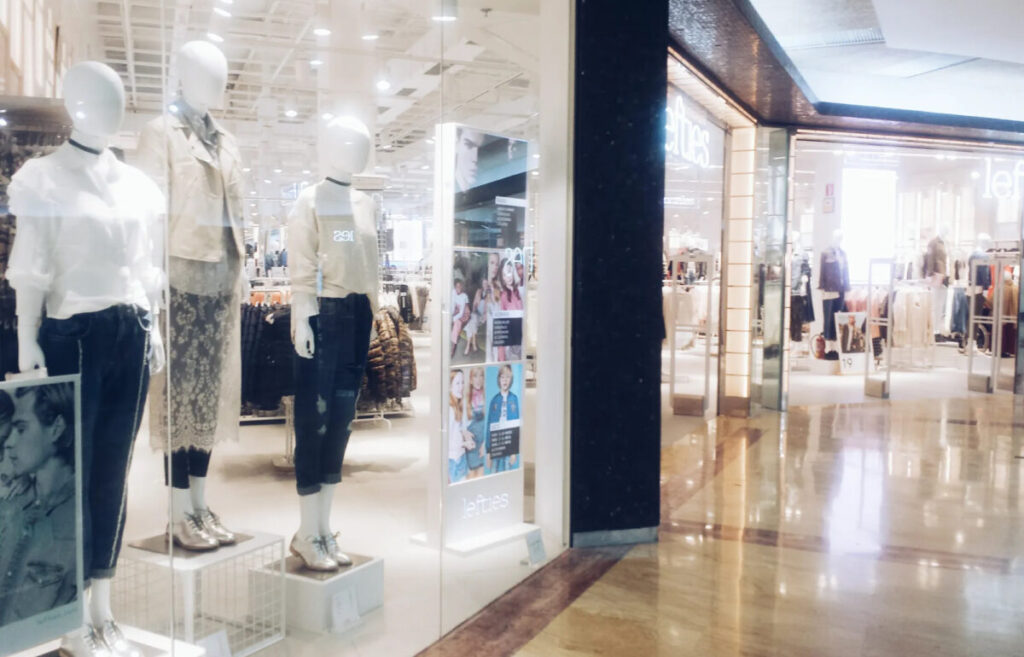Virtual Clothes Shopping Takes a Giant Leap
A Malaga-based tech startup, Onversed, is on the verge of revolutionizing the fashion industry with its innovative technology that enables designers to create and tailor virtual clothing using client-specific avatars. This breakthrough eliminates the need for physical products and in-person fittings, streamlining the design process significantly.
According to Raquel Pérez, CEO of Onversed, the company creates detailed avatars based on clients’ measurements. These avatars allow designers to visualize how garments will look on real people and make real-time adjustments, either online or based on the preferences of the designer or client. The technology can be integrated with social media platforms through features like TikTok filters, enabling users to virtually try on accessories such as earrings directly from their smartphones.

Another key feature of Onversed’s technology allows customers to upload a personal photo to see how clothing would fit, helping them make informed purchasing decisions. The virtual try-on process can be accessed through QR codes or other digital tools, with options to modify clothing articles virtually. This QR-based solution is particularly aimed at advertising, enabling potential customers to scan codes in ads or on posters to instantly try on clothes.
Reducing Costs and Speeding Up Production
Onversed was established with the goal of making technological innovation accessible to the fashion industry. The startup is helping companies reduce production costs and accelerate their time-to-market. Pérez explained that their process allows designers to visualize a garment from a sketch within a day or two, with the flexibility to adjust patterns, colors, or display the piece on a model or in a specific setting.
The startup has significantly reduced prototyping times from the traditional four to five months to just one week for developing an entire digital collection. In its early years, Onversed collaborated with dressmakers and institutions, reducing their production process times. Notable projects include an AI-powered training shoe for an advertising campaign and virtual jewelry design.
While there are still many who enjoy the traditional shopping experience, trying on numerous clothes and seeking opinions from companions, there’s a growing demographic that prefers the convenience of assessing these things from the comfort of their own homes. Whether this technology will achieve widespread adoption remains to be seen, but it’s clear that Malaga’s tech companies are making significant strides in the industry.


